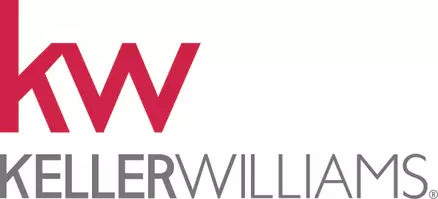How Home Sellers Should Approach and Review Multiple Offers
Selling a home in a competitive market can be exciting, especially when you receive multiple offers. However, it’s crucial to carefully evaluate each offer to maximize your profit while minimizing risk. Below are key categories to focus on when reviewing multiple offers.

1. Evaluate the Offer Price vs. Net Proceeds
While it’s tempting to choose the highest offer, the offer price doesn’t always equal your net profit. Consider factors like:
•Closing Costs: Are buyers asking you to cover some or all of their costs?
•Repair Requests: Offers contingent on inspection may require you to make costly repairs.
•Seller Concessions: Discounts or credits requested by buyers.
Use a net proceeds calculator to determine which offer will leave you with the most money in your pocket.
2. Understand Contingencies
Contingencies protect buyers but can pose risks for sellers. Common contingencies include:
•Inspection Contingency: Allows the buyer to back out or renegotiate if issues arise.
•Appraisal Contingency: Ensures the home appraises for the agreed price; if not, the buyer can walk away or ask for a price reduction.
•Financing Contingency: Protects the buyer if their loan isn’t approved.
An offer with fewer or no contingencies reduces the chances of delays or cancellations.
3. Financing Type Matters
Not all offers are created equal when it comes to financing. Here’s what to look for:
•Cash Offers: These are often more attractive because they don’t rely on lender approval, making the process faster and less risky.
•Conventional Loans: These are typically more reliable than FHA or VA loans, which can have stricter appraisal and property condition requirements.
•Pre-Approval Status: Ensure buyers have a solid pre-approval letter, not just a pre-qualification.
4. Closing Timeline and Flexibility
The closing date can be as important as the offer price, especially if you’re buying another property. Consider:
•Quick Closings: Ideal if you want to sell fast, but ensure buyers have their financing fully lined up.
•Flexible Timelines: Some buyers may allow you to rent back the property after closing, giving you time to transition smoothly.
Choose an offer that aligns with your personal needs and timeline.
5. Look Beyond the Price: Strength of the Offer
A strong offer balances price with terms that benefit you. Here are indicators of a solid offer:
•Large Earnest Money Deposit (EMD): Shows the buyer’s seriousness and provides you with more financial security.
•Short Contingency Periods: Indicates the buyer is confident and prepared to move quickly.
•Reliable Agent/Buyer Team: Offers represented by seasoned agents are less likely to face avoidable hurdles.
6. Use a Comparative Offer Analysis
Review all offers side by side to get a clear picture. Compare key elements like:
•Price
•Contingencies
•Net proceeds
•Buyer’s financial strength
•Closing timeline
Working with a real estate professional, you can rank offers based on these criteria to make an informed decision.
Categories
Recent Posts
"My job is to find and attract mastery-based agents to the office, protect the culture, and make sure everyone is happy! "
12750 High Bluff Dr. #300, San Diego, California, 92130, USA







